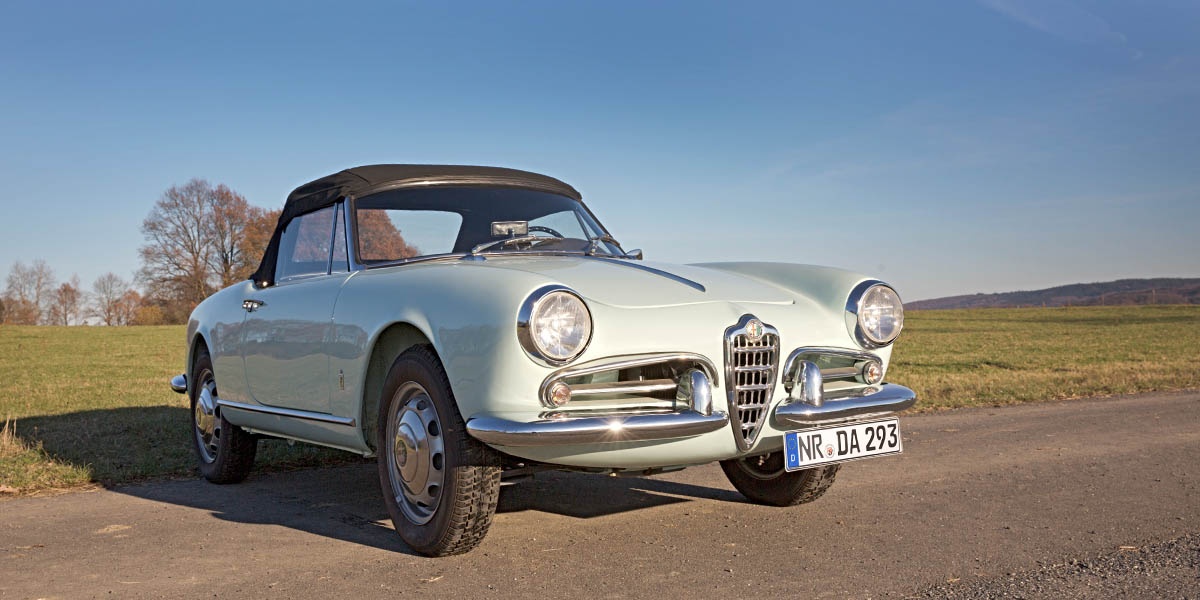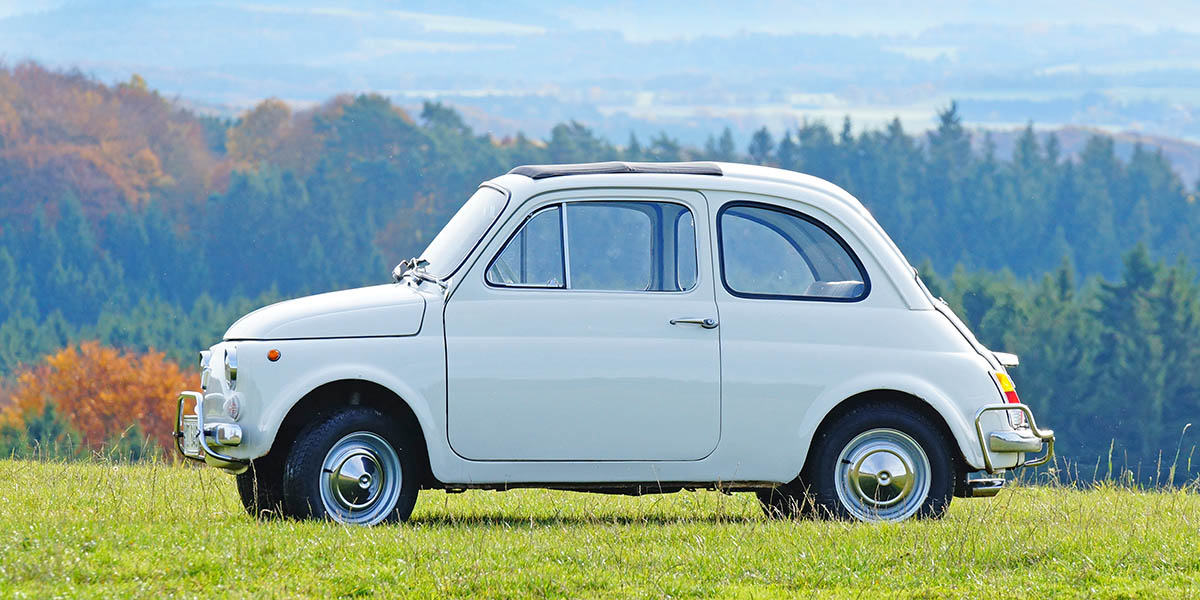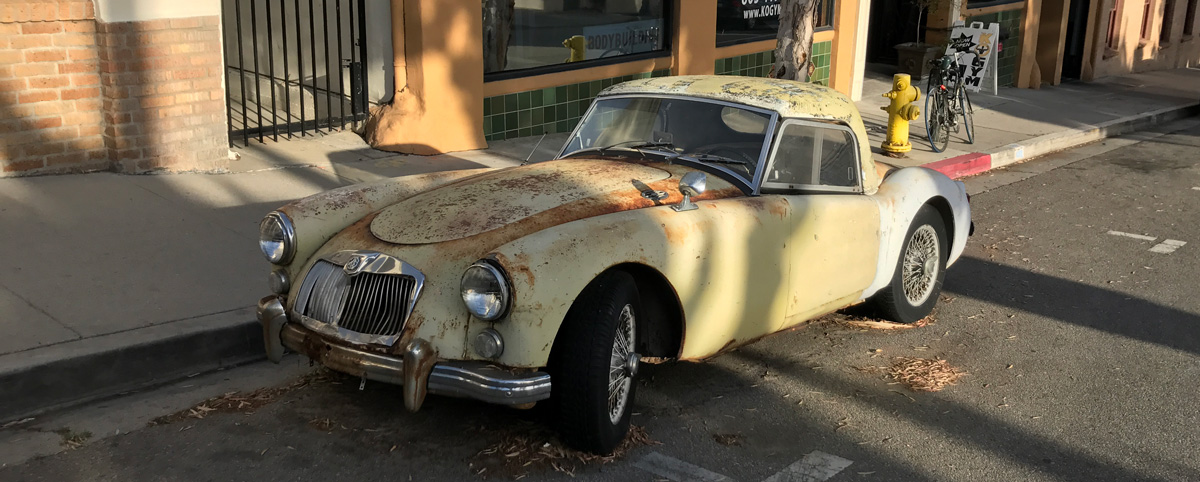Importing a classic car from an EU country

Position: Sales
Updated: 31.01.2023

Classic car import: the basics
What must not be missing for every import of a classic car, no matter if it is an import from the UK or elsewhere, is the following documents:
- A written purchase contract (price, equipment and transfer date should always be recorded in the purchase contract),
- all vehicle documents in the original, copy of the deregistration certificate, if issued.
- Registration certificate and, if applicable, COC (Certificate of Conformity) for newer vehicles.
Attention: Importing a classic car from Switzerland to Germany is an import from a third country, as Switzerland is not part of the European Union. Its own regulations apply here.

Importing on your own axle or would you prefer to use a car transporter?
Importing a classic car from a country that is a member of the European Union is not problematic due to the European freedom of goods. This applies at least if a car transporter or trailer is used to transport the classic car abroad. On the other hand, importing the classic car on its own axle with a German short-term registration plate is problematic.
In the so-called "Explanatory Memorandum on the registration procedures for motor vehicles transferred from one Member State to another" (Official Journal of the European Union 2007/C 68/04), the European Commission stated the following under point 4.2:
"For temporary registration: Member States may issue a temporary registration certificate that does not differ, or only slightly differs from the model set out in Directive 1999/37/EC. In that case, other Member States are obliged to recognise the temporary registration certificate issued by a Member State for the identification of the vehicle in international traffic, provided that the driver carries Part I of the registration certificate pursuant to Article 5(1) of the Directive"
However, red dealer plates are only legal for journeys that start in Germany. Journeys in Switzerland and Austria are permitted without any problems. In Belgium and France, German short-term number plates or transfer number plates are banned with heavy penalties. In Italy they are also not permitted, but are hardly ever punished. In addition, short-term number plates are now only issued if there is a valid main inspection report for the vehicle to be moved.
If the vehicle is registered in the country of origin and the seller authorises you to drive home with his registration, then this is the easiest option. Note that the insurance must then also be issued to drivers other than the owner.
Classic car import: The costs at a glance
The costs of importing a classic car from EU member states are kept within reasonable limits. There are no customs duties or import taxes for imports from EU countries. The bureaucratic hurdles are also manageable due to membership of the EU. If a private individual buys a classic car within the EU, no VAT is charged.
However, if you buy from a dealer abroad, you have to pay the local VAT, which cannot be refunded in Germany. In addition, some other costs must be planned for, e.g. ...
- for transport,
- the fee for full appraisals or the TÜV main inspection
- and the fees for permits and approval.

Attention to damaged classic cars in poor condition!
We noted above that a classic car does not have to be roadworthy to be imported into Germany. But anyone who wants to import a classic car in very poor condition must be aware of one thing: it is quite conceivable that customs will consider such vehicles to be waste. And waste may not be imported into the European Union.
Good to know: Within the Schengen area, the question does not arise due to the abolition of border controls. Transit through Switzerland is generally not advisable anyway.
Whether a classic that has not yet been restored is waste depends primarily on this,
- ... whether the vehicle has a perspective,
- ... or whether the vehicle can only be used for "stripping".
Importing a classic car from an EU country: Conclusion
If you have found your dream car within the EU, it is easy to import it to Germany, because apart from the usual national value-added tax when buying from a dealer, there are no customs, tax or border formalities.
So if you have found your dream car in an EU country, you can transfer it to Germany with little effort - in terms of costs and bureaucracy - and register it here. This even works for classic car import from the US!